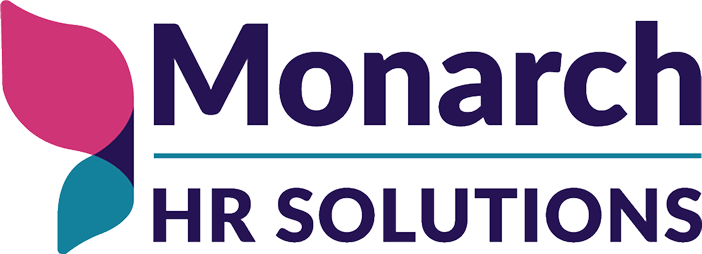How to Help
By Kimberly Kafafian
You’ve picked up on the signs: showing up late to work, looking tired, missing deadlines, difficulty managing multiple tasks, easily frustrated, unable to accept feedback. Everything indicates that the employee may be struggling mentally and needs support. You want to help, but are unsure of what you should do. You aren’t alone. With mental illnesses like anxiety, depression, and stress so common, chances are managers everywhere have a worker who is struggling. As an HR professional, I can tell you that addressing mental health issues in the workplace can be very complex. They need to be carefully navigated, but there are some things you can do to help.
Arrange for a Meeting
Meet with the employee in a quiet space where you can ensure your discussion will be discreet. I recommend starting by asking how they are doing. This open-ended, non-judgmental question allows the employee to explain in their own words what they are going through and the support they may need. If the employee doesn’t really open up, share your observations and express your concern. Do not be accusatory or try to diagnose, but rather keep the focus of the discussion on work performance as is required by law. You don’t have a right to know their private struggles. Follow the employee’s lead. If they admit they are struggling, work with them to adjust their responsibilities and tasks as needed. Let them know that they are valued and that you will provide the tools and/or the time they need to recuperate. If they deny any issues, advise that they can come to you at any time if they find they need help, and reassure them that what they say is confidential.
Practice Empathy and Show Compassion
Actively listen to what the employee is saying. Let them know you understand, and if appropriate, relate to their struggles on a personal level. Encourage them to seek support, and let them know you are there to help them.
Make Necessary Accommodations
Develop an action plan that makes adjustments for how the employee performs their role. Changes can include:
- Where and when the employee works
- Additional break times
- Quiet spaces to decompress
- Relaxed absence rules
- Providing leave at short notice
- Reallocating tasks
- Modifying job duties
- More frequent monitoring of workload
- Extra training or coaching
- Assigning a mentor
Know Your Legal Duties
Once you are aware of a health disability, you have certain duties to consider when making accommodations and adjustments. It’s important to speak to your HR team or legal counsel to ensure that you are following the law and providing your employee with any mandated support beyond what you are already doing.
A manager’s support and compassion can make all the difference. If you notice something off about your employee, take the time to check in with them.

